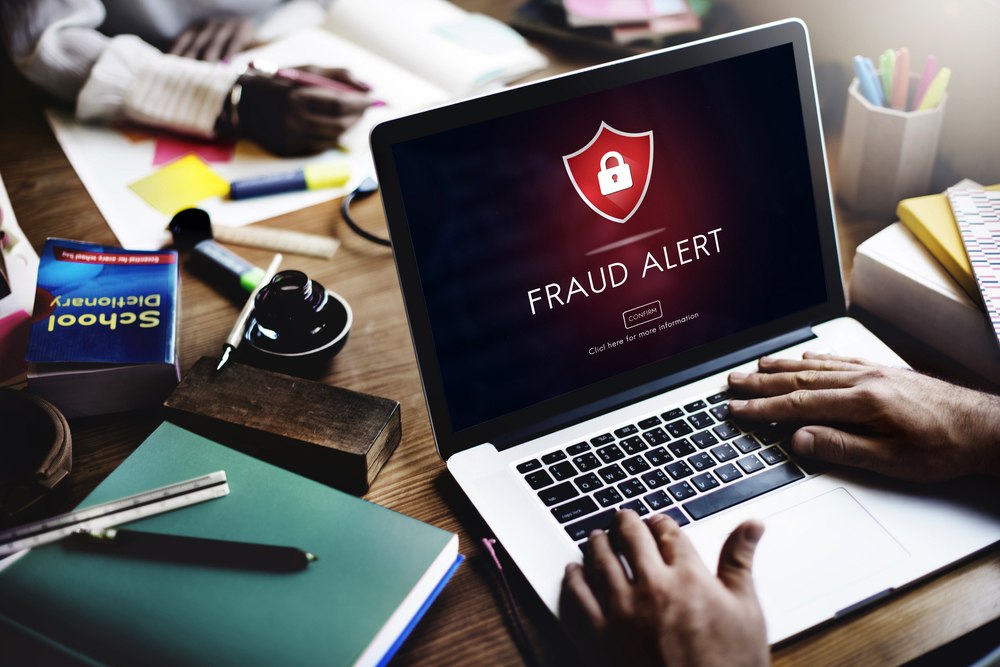FBI Issues Warning Over Scam Targeting College Students
The latest online scam targets college students and recent graduates, and it’s gotten so bad that the FBI has had to issue a warning.
College students and recent graduates should be wary of a new scam that involves getting a free fake check in the mail for office supplies for their new job.
It's gotten so bad that the FBI has had to issue a warning. If you get a poorly written email message and a check in the mail for office supplies, don't deposit it; just call the police.

This information comes by way of a public-service announcement on the Internet Crime Complaint Center website. The scam is a fairly clever one, going so far as to employ very convincing fake checks. First, a scammer advertises on college employment sites, or obtains student email addresses through recruiting lists. He promises employment to the student or recent grad in question, then sends a sizable check his or her way as money for supplies.
MORE: Best Antivirus Software and Apps
These supplies, naturally, come from a very specific place; the "software" that you're supposed to buy requires the student to get in touch with a third-party vendor and pay via a money-transfer service. The student deposits the check, wires the money and (theoretically) keeps the remainder for him or herself as a paycheck.
The only problem: The check is fraudulent, which means that once the bank gets wise to the scheme, the student has lost a few hundred dollars, as well as potentially taken a hit to his or her credit rating.
Luckily, the scam is pretty easy to spot. The FBI points out that the email messages tend to be poorly written by non-native English speakers, employing phrases like "I will refer you to the vendor you are to purchase them from, okay." Accepting a job in which you get a paycheck before actually doing anything should also raise some red flags, as should an employer asking you to buy materials from a specific third-party vendor before your first day on the job.
Sign up to get the BEST of Tom's Guide direct to your inbox.
Get instant access to breaking news, the hottest reviews, great deals and helpful tips.
The consequences of falling for the scheme could be fairly dire as well. In addition to losing a few hundred dollars (which few starving college grads can afford), students will probably be on the hook for reimbursing the bank — assuming the bank even lets them keep their accounts. Getting a fake check mixed up in their real bank accounts could also give scammers access to their financial information, leaving them wide open for identity theft and further mischief.
If you encounter this scam, the FBI recommends contacting campus security and the FBI’s crime complaint center, but the best defense against it is simply to ignore it. Finding your first post-college job is hard enough without losing your money and identity in the process.
Marshall Honorof is a senior editor for Tom's Guide, overseeing the site's coverage of gaming hardware and software. He comes from a science writing background, having studied paleomammalogy, biological anthropology, and the history of science and technology. After hours, you can find him practicing taekwondo or doing deep dives on classic sci-fi.

